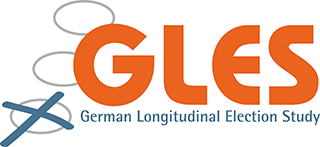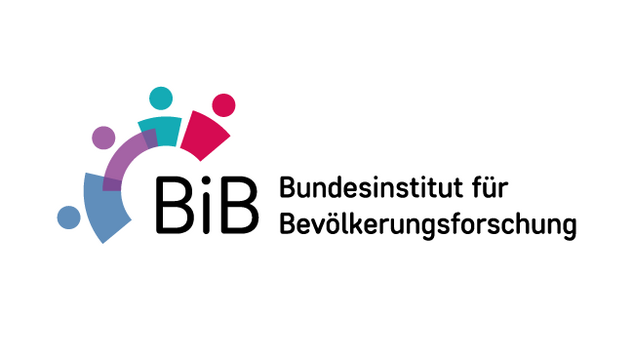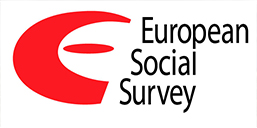We support you in Cognitive Pretesting
Cognitive pretests are used in the development or adaptation of survey instruments to ensure that the questions and items are understandable and interpreted as intended. They are an important building block for ensuring high data quality in surveys. We offer researchers the opportunity to have cognitive pretests carried out by GESIS experts. In consultation with you, we select the questions to be tested, create the cognitive guide, carry out the cognitive pretest and deliver a results report including suggestions for revision.
Our Cognitive Pretesting Services
Various methods are available for the cognitive pretesting of survey instruments. We would be happy to advise you on the selection and application of suitable pretesting methods that you can use to evaluate your survey instruments. We are also happy to carry out the pretests on your behalf.
If you would like to conduct a cognitive pretest on your own, we will advise you on the implementation and evaluation. We will be happy to provide you with an individual quote for comprehensive and time-intensive pretest support.
Research tested Items in our Pretest Database
The GESIS Pretest Database is an open access repository that currently contains over 2000 questions or items that have been evaluated using cognitive pretests at GESIS. For tested items, the detailed results of the pretest are documented, as well as any suggestions for optimizing the items. A special search function facilitates the search for suitable items for your research project.
References
Our varied client list thus far includes a number of externally funded research projects, in addition to the following survey programs, institutes and agencies:








Articles in the GESIS Survey Guidelines:
- Cognitive Pretesting
- Web Probing
- Questions
- Design of Rating Scales in Questionnaires
- Use of Eye Tracking in Cognitive Pretests
Selected Items:
- Incorporating eye tracking into cognitive interviewing to pretest survey questions
- A Comparison of Two Cognitive Pretesting Techniques Supported by Eye Tracking
- Pretesting Survey Questions Via Web Probing – Does it Produce Similar Results to Face-to-Face Cognitive Interviewing?
- Effects of the number of open-ended probing questions on response quality in cognitive online pretests
- How effective are eye-tracking data in identifying problematic questions?
- Question order effects in cross-cultural web probing: Pretesting behavior and attitude questions
- Open-ended versus closed probes: Assessing different formats of web probing
- An experimental test of the effectiveness of cognitive interviewing in pretesting questionnaires
- The effects of open-ended probes on closed survey questions in web surveys


